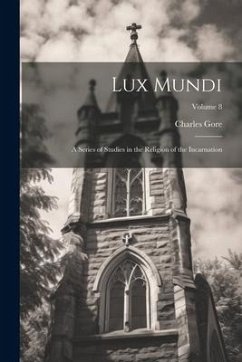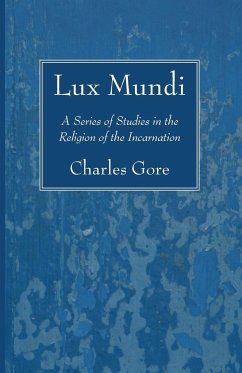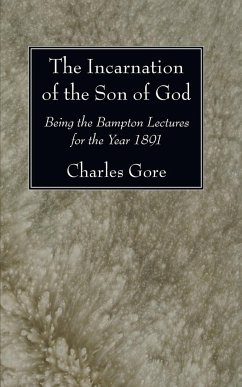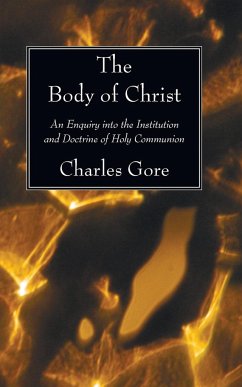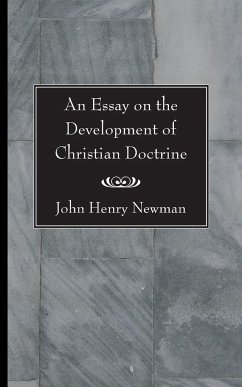A collection of essays first published in 1889 and edited by Anglican bishop Charles Gore, 'Lux Mundi' represents a landmark in modern Anglican theology, synthesizing traditional Christian thought with contemporary scholarship and social concerns. Key themes include the divinity of Christ, the sacraments, the church's relationship to the world, and social justice. This work has been selected by scholars as being culturally important, and is part of the knowledge base of civilization as we know it. This work is in the "public domain in the United States of America, and possibly other nations. Within the United States, you may freely copy and distribute this work, as no entity (individual or corporate) has a copyright on the body of the work. Scholars believe, and we concur, that this work is important enough to be preserved, reproduced, and made generally available to the public. We appreciate your support of the preservation process, and thank you for being an important part of keeping this knowledge alive and relevant.
Hinweis: Dieser Artikel kann nur an eine deutsche Lieferadresse ausgeliefert werden.
Hinweis: Dieser Artikel kann nur an eine deutsche Lieferadresse ausgeliefert werden.

